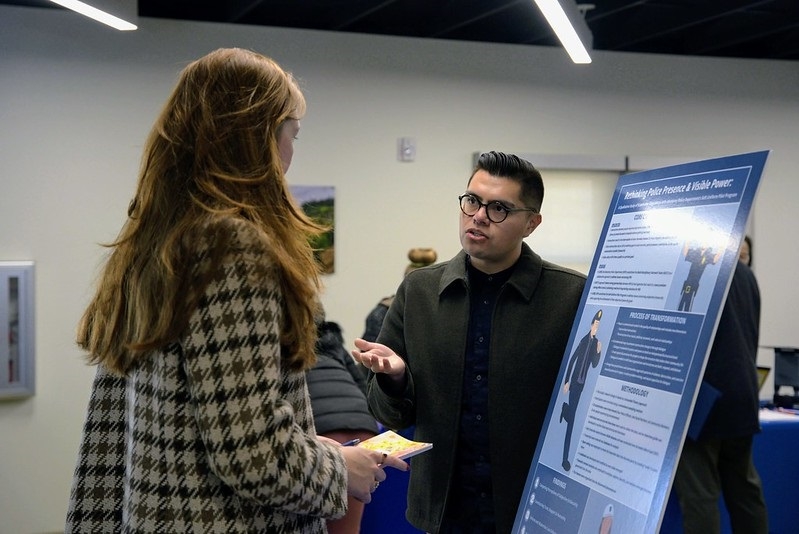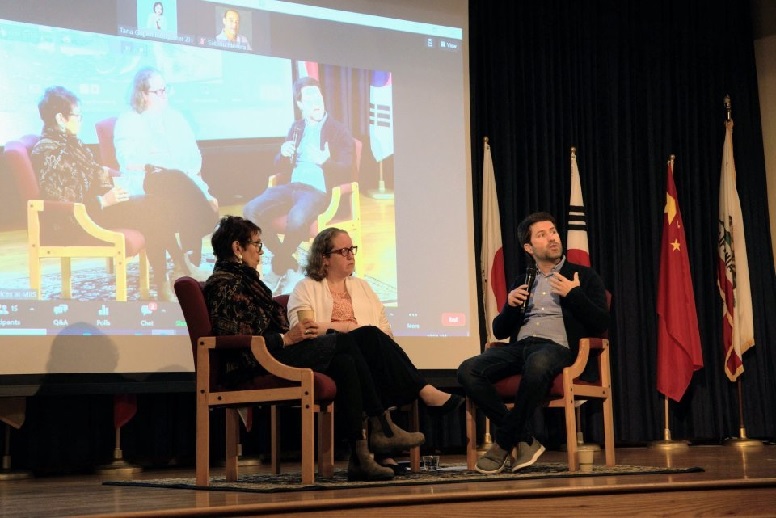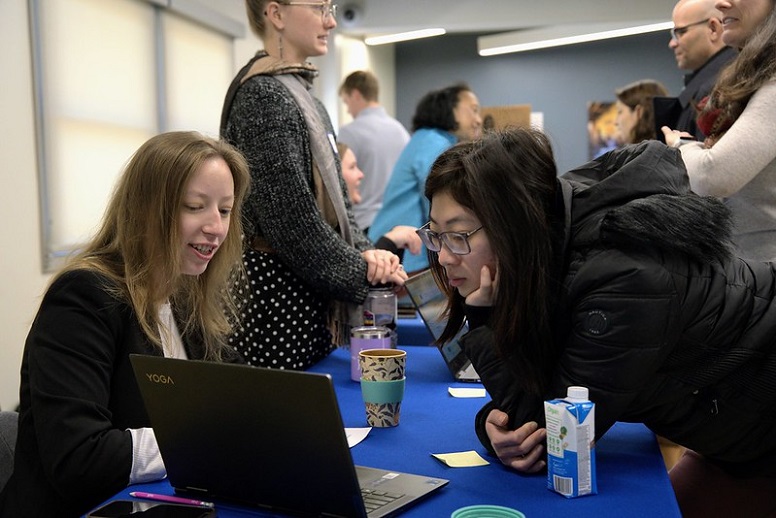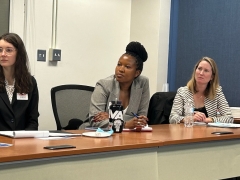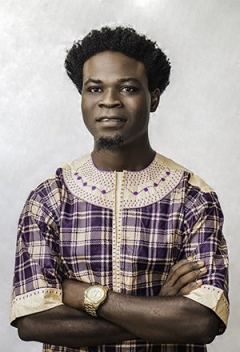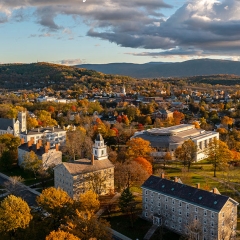Students Make Employer and Alumni Connections at D.C. Career Week
| by Kathyrn Petruccelli
In the first trip of its kind since the pandemic, over 60 Institute students and alumni visited Washington, D.C. for Career Week, with a set of them also providing mentorship to 11 Middlebury undergraduates.

